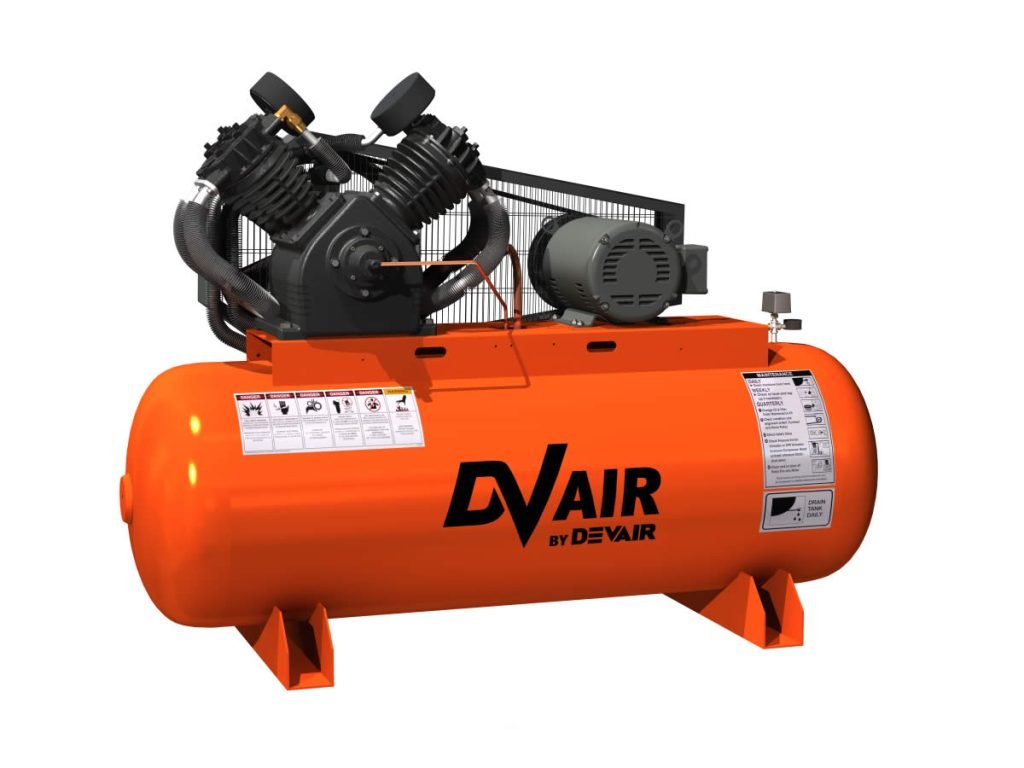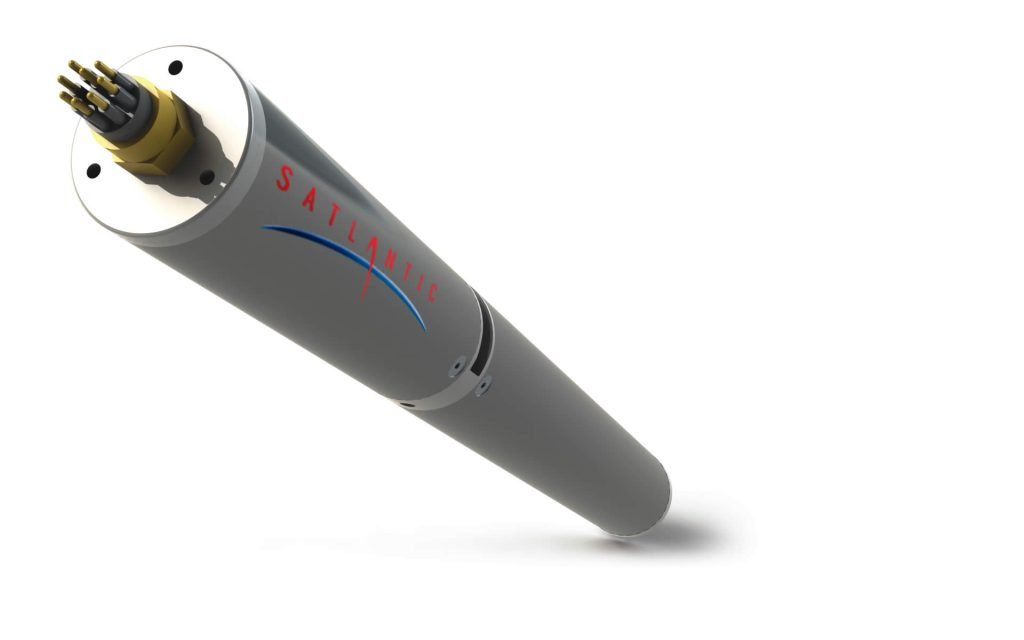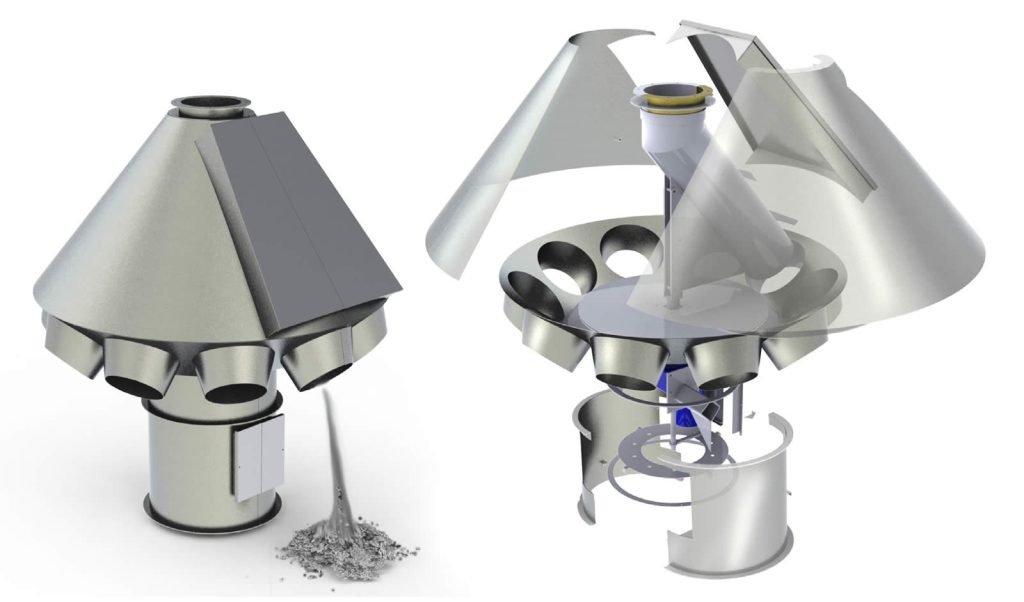Alfred is a trained robot sous chef, developed by Dexai Robotics. It can go into any kitchen and assist in meal-making, and is especially good at manual, repetitive tasks.
Alfred was born out of research into developing robots that can manipulate deformable materials, which change their shape when you interact with them (think guacamole or ice cream). Using a variety of utensils, such as scoops, ladles, and tongs, Alfred handily puts together meals based on the programmed instructions of the kitchen staff.
Why do we need a robot sous chef?
Dexai’s mission is to protect the food service industry from difficult labour shortages and help insulate it from economic ups and downs. At the same time, Alfred can reduce the risk of food-borne illnesses. Everything that Dexai designs meets the standards of the public health and safety organization NSF and each mechanical part in the complex design must be built with safe food handling and safe working conditions in mind.
Supporting a startup
Dexai CEO David Johnson explained that when he and Anthony Tayoun started the company, they worked out of Greentown Labs in Somerville, Massachusetts. The incubator space has a great relationship with TriMech, which provides and supports software tools that are used across every stage of product development.
“TriMech answered all of our questions,” David said. “How do we get SOLIDWORKS licenses? How do we get a data management solution? TriMech has been with us from the very beginning.”
That beginning was four years ago; as Dexai took the challenging steps of turning an idea into a product, adding to its team, and scaling up production, Hardware Team Lead Justin Rooney said that TriMech became a trusted – and responsive – partner.
“There’s a big human component that I really appreciate about TriMech. It’s very easy to get on the phone with them or email them and get an answer. Even as we were researching 3DEXPERIENCE and comparing it with other products on the market, they seemed to have unlimited time to go through the decision-making process, which was amazing. And later, TriMech allowed me, as an individual with no IT experience, to roll out a PLM product to a big team.”
— Rana Odabas, Mechanical Engineer, Dexai Robotics
“When we were vetting a few different PLM options, TriMech stuck out to me as very available. They offered their services countless times to go through the functionality of 3DEXPERIENCE Works. Understanding that TriMech was always going to be there to answer questions veered us toward choosing 3DEXPERIENCE.”
One shared platform
3DEXPERIENCE Works PDM by Dassault Systèmes is a cloud-based platform that connects engineering and business activity in one real-time, collaborative environment.
Rana gave one example of how using the 3DX platform has improved productivity, when each designer is working on different parts, yet they all have access to the digital twin of the product.
“If we have multiple people working on the robot head, they can design their parts in parallel while tracking dependencies in the context of the same assembly. All team members have access to the full assembly and visibility into the latest stage of development. I think this has been the biggest benefit of having 3DEXPERIENCE. It really motivates collaboration across the team.”
In Dexai’s early years, the small team of 10 worked on their own local devices and passed zipped CAD files back and forth, a process not conducive to understanding how one subsystem fits with the rest of the system. Today, with a team of more than 25, they are all connected to the same cohesive platform.
Rana said the productivity of the team has increased “exponentially.”
“I don’t think we would have been able to do the development that we did over the course of the past year or so, and the scaling up that we’re gearing up to do, without 3DEXPERIENCE. It just wouldn’t be feasible. After a week of using the platform, I knew I would never go back.”
Dexai is online at dexai.com.
Highlights of Dexai’s Robot Sous Chef success with 3DEXPERIENCE
- Designing in familiar SOLIDWORKS remains at the core of Dexai’s product development work.
- A digital twin of the entire product is easily accessible to everyone on the team.
- One person’s changes are immediately visible and understood by others.
- No more passing massive files back and forth between designers’ individual devices.
- Cloud-based – there’s no need for a traditional server-based approach.
- Scalable – allows for growth in the number of team members and increases in production.
- Modular – when ready, Dexai began to take advantage of product lifecycle management (PLM) components, such as identifying, assigning, and managing issues, and creating and maintaining an accurate and up-to-date manufacturing bill of materials.





